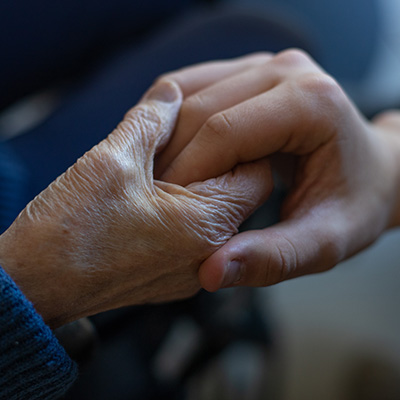How caregivers in an assisted living community are specially trained to provide compassion, understanding, patience, and sensitivity to assisted living residents, and how the staff works to ensure that residents are treated with the highest level of respect and dignity at all times.
Memory impairment is common in older adults. Although a certain degree of memory loss is natural, extensive cognitive impairment which adversely affects the daily life should be given special care. Memory loss is mostly associated with a decline in other mental functions such as cognition. This situation is termed ‘dementia’. The most common cause of dementia is the formation Alzheimer’s disease.

